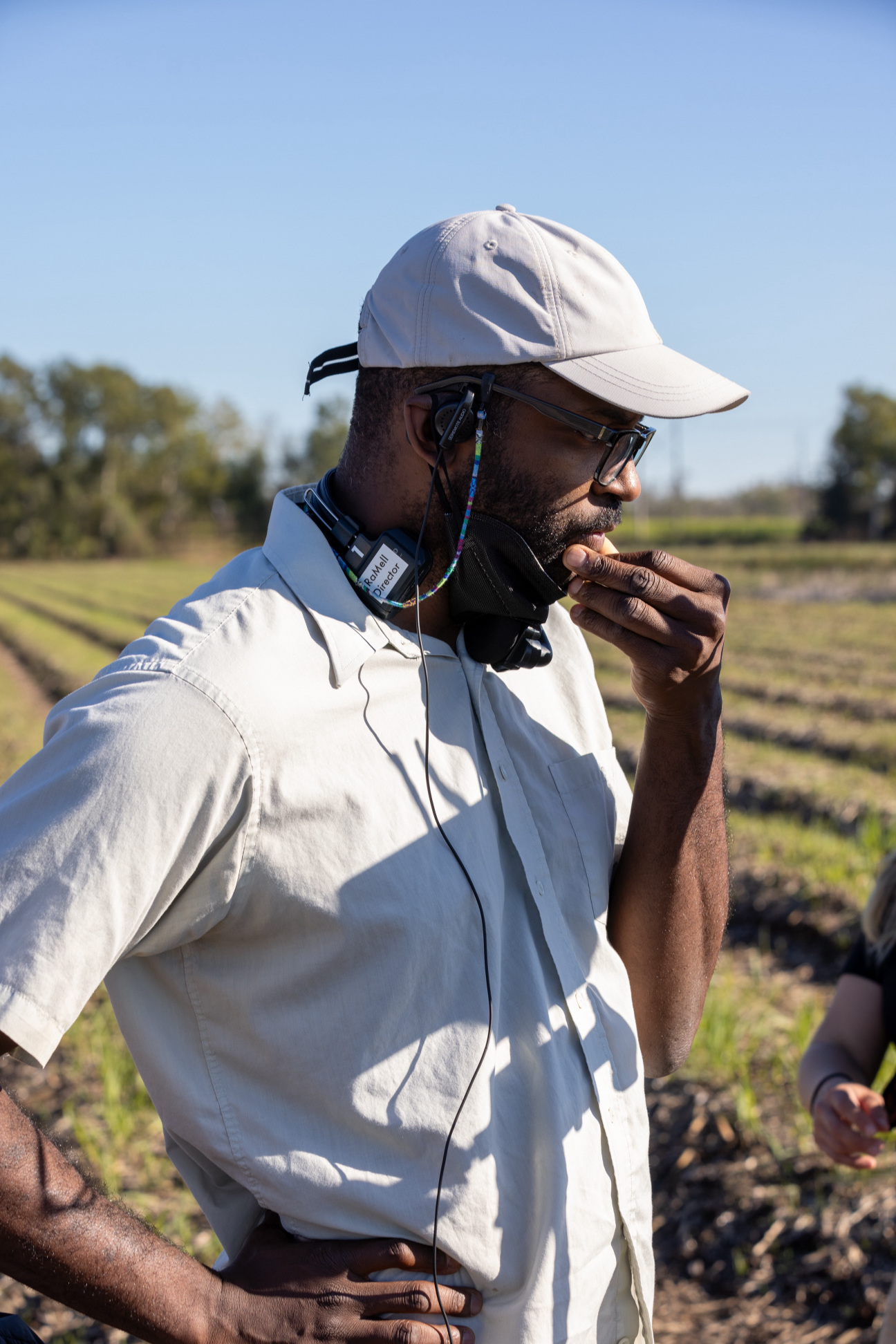
Colson Whitehead entrusted the adaptation of his Pulitzer-winning 2019 novel, The Nickel Boys, to first-time feature director RaMell Ross with just two words of email encouragement: “Good luck!”
Before Nickel Boys, Ross had just one directing credit to his name: 2018’s Oscar-nominated documentary Hale County This Morning, This Evening. The lyrical snapshot of life as a Black American in Alabama earned the artist and filmmaker a meeting with the producers bringing Whitehead’s fictionalized account of atrocities documented at the infamous Dozier School for Boys to the screen. The Florida reform school, which shuttered in 2011, was the subject of years of investigation linked to the rampant abuse—and close to 100 unrecorded deaths—of its students.
The film—shot entirely in first-person point-of-view—follows two Black teens through their efforts to survive the institution, interspersed with flash-forwards to its unraveling in the 2010s and archival documentation that reminds viewers of its real-life reverberations.
Ahead of its Dec. 13 release, Ross unpacks the atmosphere and allegories behind the action.
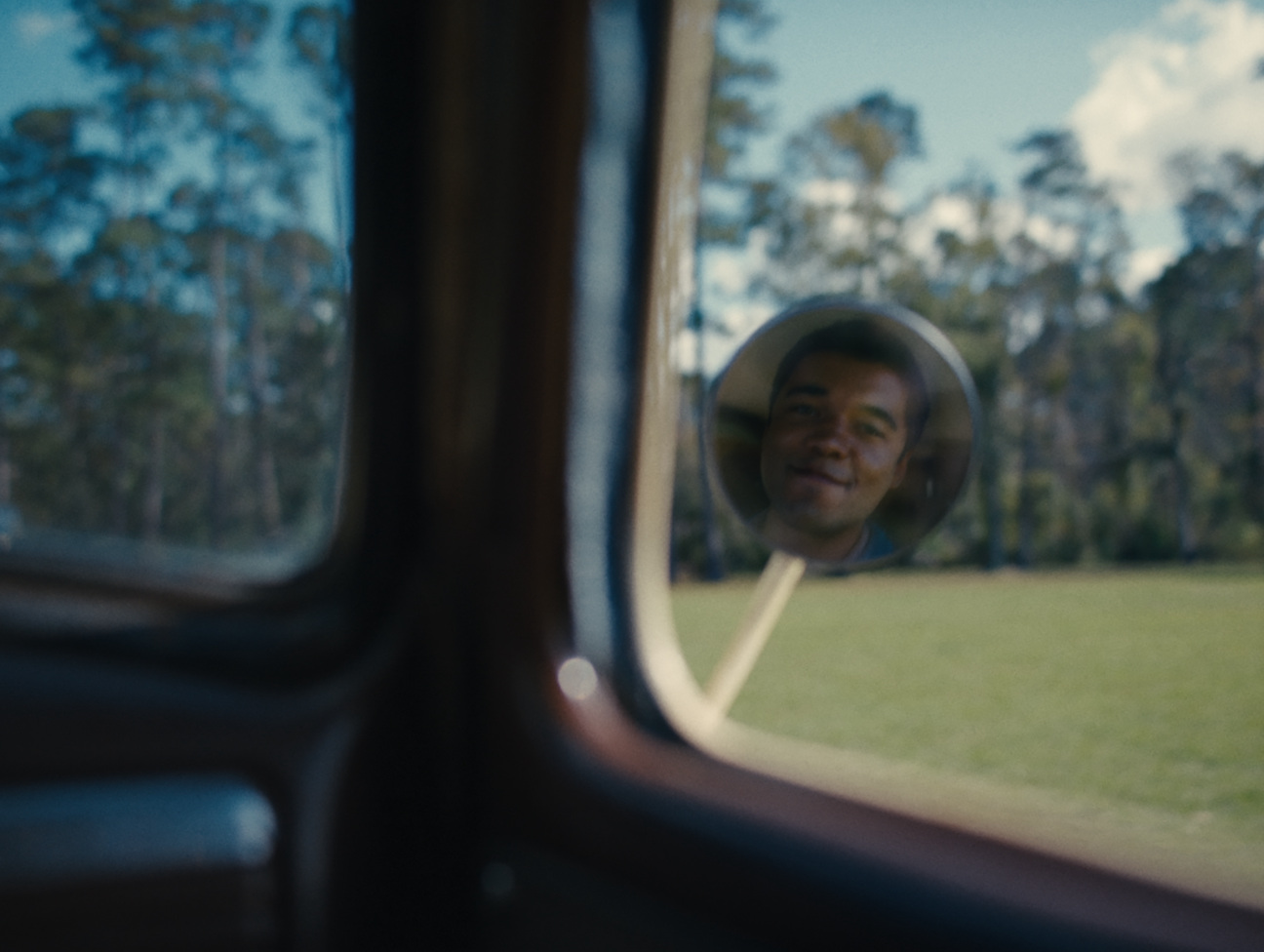
CULTURED: You come from a documentary background. Why did this project feel like the right time to move into drama?
RaMell Ross: It's strange. You know how people say things and you're like, Well, I guess, but then you've never thought about it in those terms? I don't think about genre as much—only in terms of the way that it's gonna be categorized and less in terms of the formal process of making.
CULTURED: Was there anything you felt like you had to pick up as you were going along, or it was a pretty natural process?
Ross: Oh, I had to pick up everything. I came with my pockets completely empty. It wasn't a conceptual leap, but it was a practical leap, and the practical leap was just understanding the process of films being made when—I don't know how many department heads there are—but there's a lot of core collaborators. [Hale County This Morning, This Evening ] was made wholly by myself out of necessity, but also maybe out of desperation.
With Nickel Boys, I had to learn how to say action, the really silly things. Sometimes I would forget to say cut and I would just be like, “Mhm, great guys,” and everyone would be like, “So, are we done?” I'd be like, “I don't know, you tell me.” They're like, “No, you tell me.”
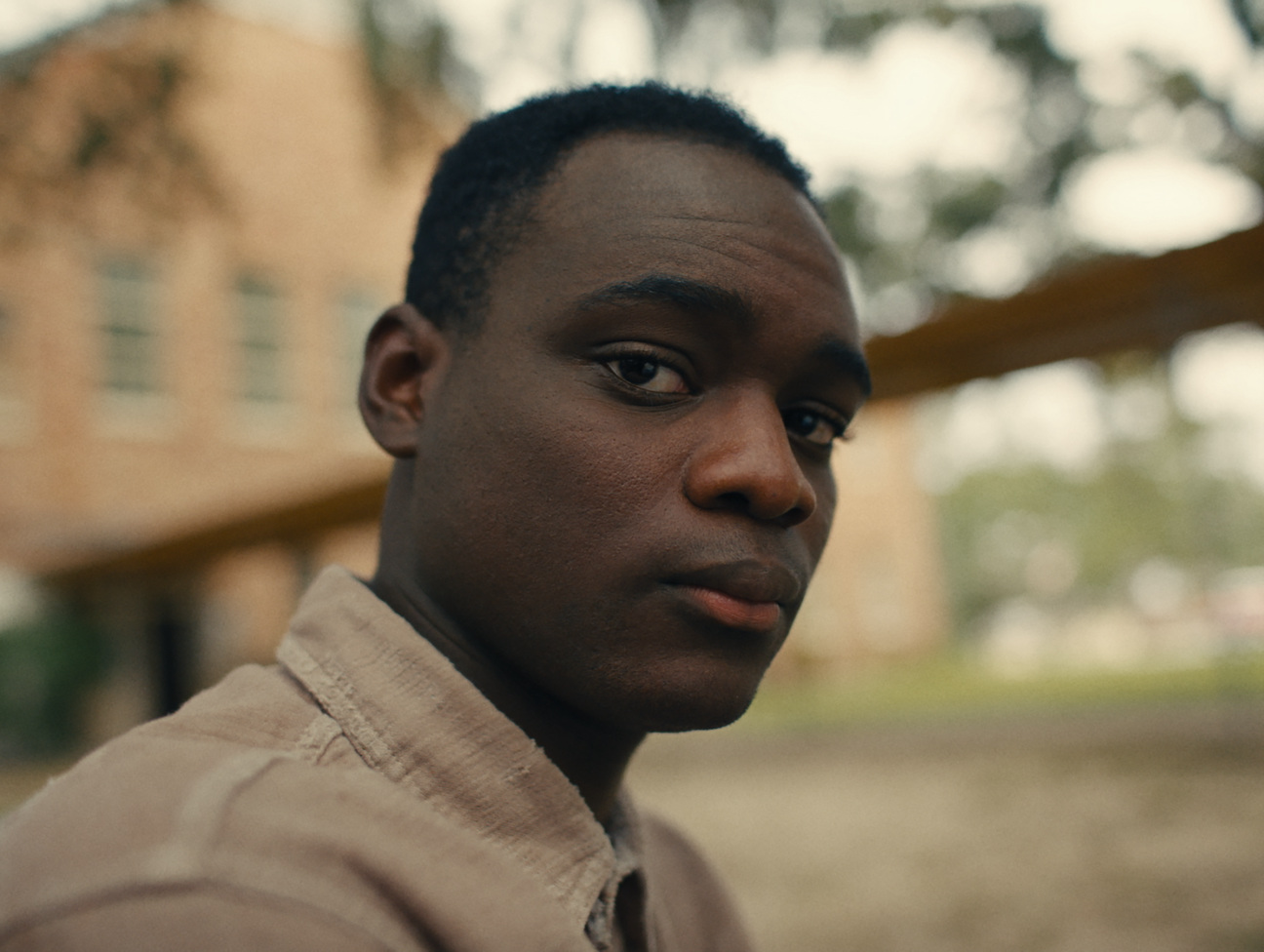
CULTURED: Were you able to have conversations with Colson about how you were planning on transferring this into a new medium?
Ross: It's crazy that we didn't. Colson didn't play a part in any of the process. He saw Hale County and liked it, and with [the producers] decided that I would be a good candidate to approach, and then was completely hands off. Once the script got approved, I sent him a long email, lots of words, and he just wrote back like, “Good luck!” But I talked with Barry [Jenkins], and he did the same thing with The Underground Railroad.
CULTURED: Can you tell me about your research process for this? You could tell that this film was made by someone who makes documentaries. It just had that researched and archival feel.
Ross: We had an archival producer, Allison Brandin, who started working with us the second we started writing. She was on the project all the way through post-production, for almost four years. We also had two of my former students, my brightest students: Gala Prudent and Alex Westfall. A lot of the images are from the Florida Memory project. Those are real Dozier School boys. The film has the highest integrity because we included those. How else would they be seen?
Also, it doesn't allow someone to watch the film and leave with it being entertainment. It is grounded quite literally in having a wire going out into the ground every couple minutes or so that forces them to reconcile the relationship between cinema and real world experiences. What a cool thing to have constantly ricocheting throughout a project that is such a big production and is seen on the proverbial silver screen.
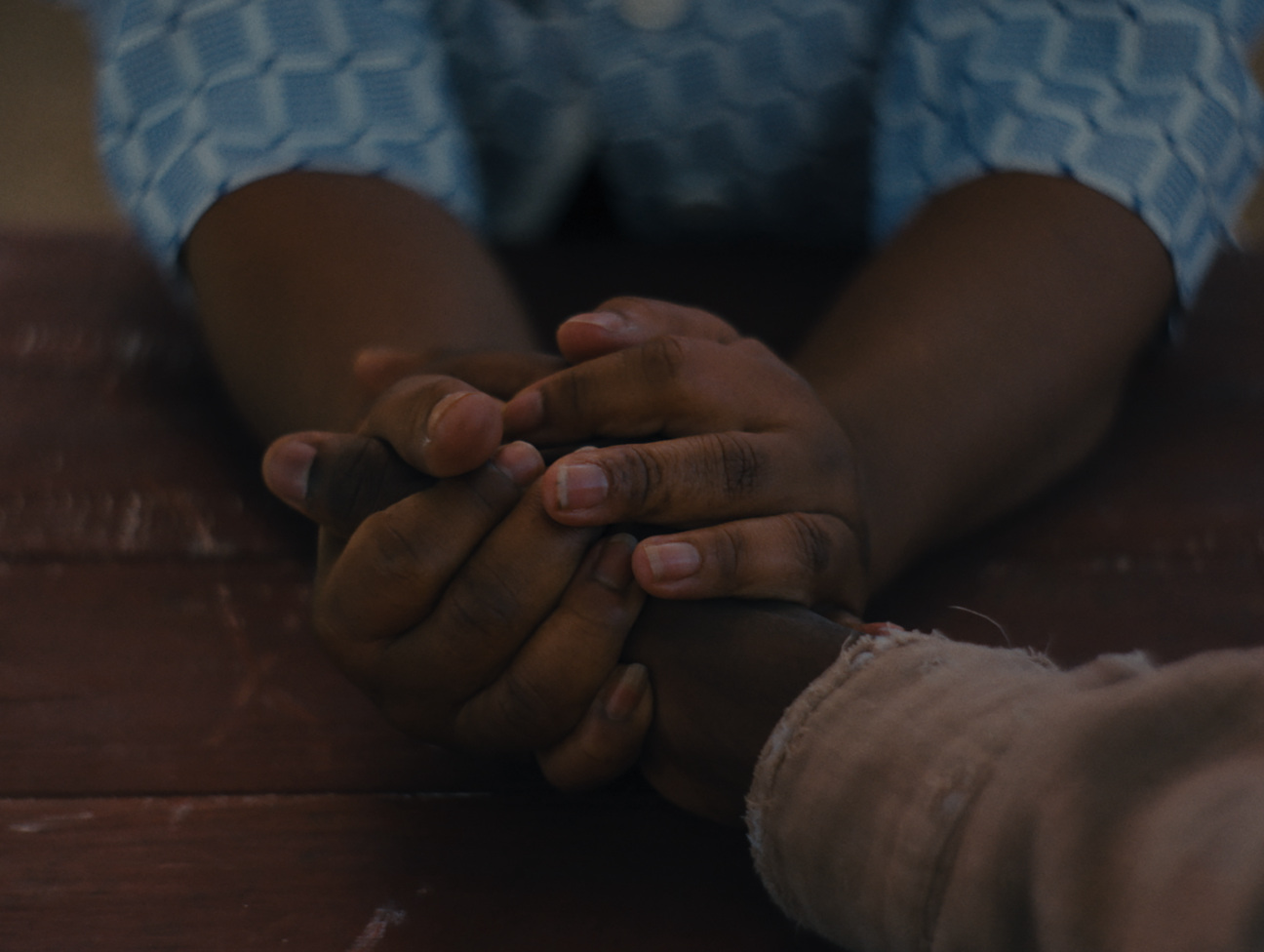
CULTURED: Did you talk to anyone who went to the school or anyone who was part of that experience? I know a lot of them came forward to share their stories.
Ross: No, we didn't. But I think you're the third person to ask that and every time I have a twinge of like, Maybe I should have. I'm also like, Maybe I shouldn't have. We talked to the woman who did some of the ground work for the Dozier Report. Do you think that you think we should have?
CULTURED: It would have been interesting, and then in other ways, maybe you don't want to be that close to it. It's always a question when you're translating a real experience into something fictional: Is it better to give yourself a little leeway to tell the story in the way that's going to best communicate it, as opposed to getting every single detail from reality?
Ross: I feel the exact same way. I don't know.
CULTURED: We ask ourselves a lot of the same questions in writing. Can you tell me about conversations that you were having with the actors? They're asked to do an uncommon job. A lot of the time they're acting from behind the camera or it's just their hands, their voice.
Ross: I just told them what to do. You know, “I want you to look here. This is the character,” and then left it at that because I didn't think they needed anything to overburden their character. They already have the toughest task in the world, which is being someone that you're not. How difficult is that?
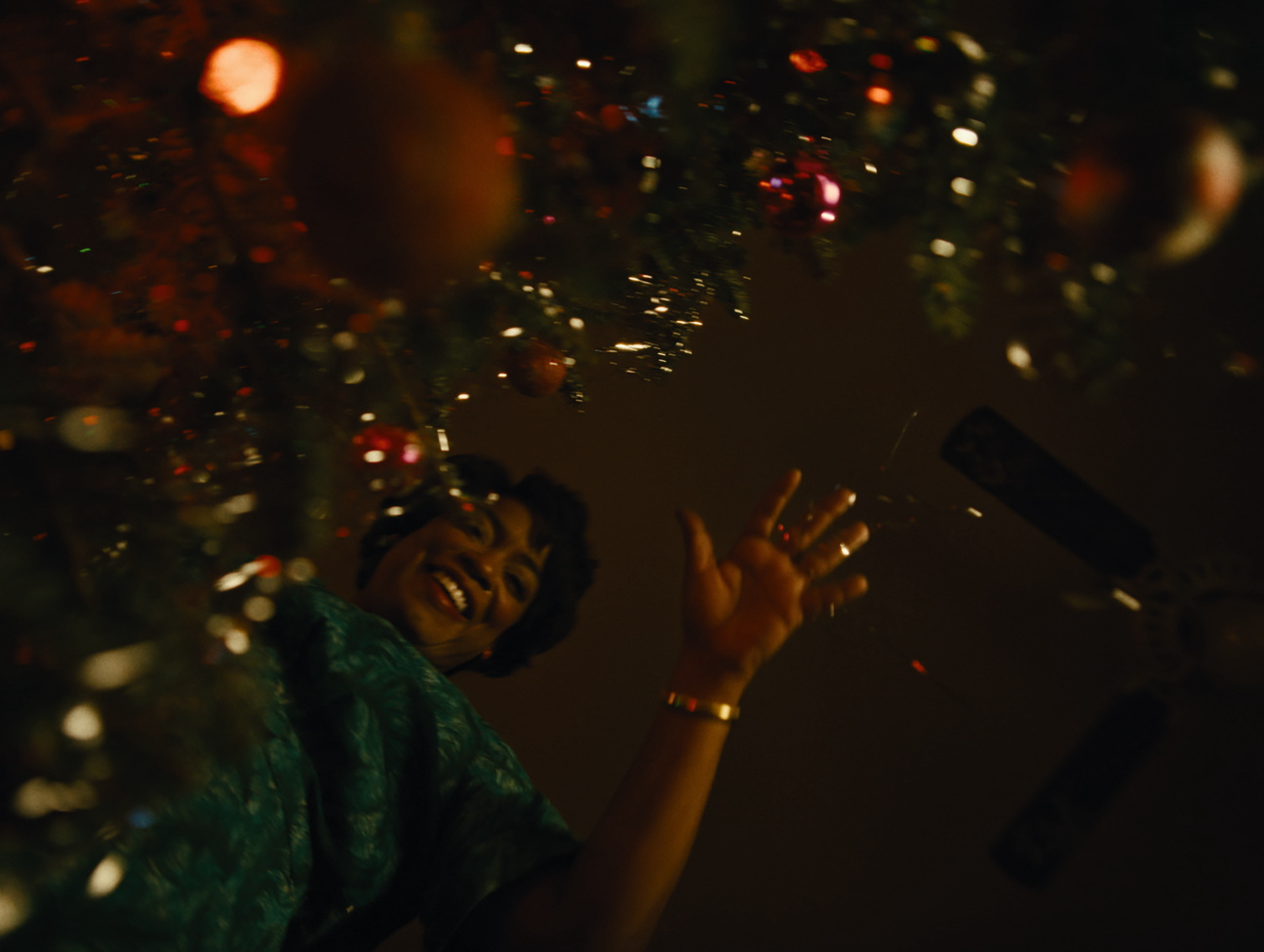
CULTURED: Animals appear throughout the film: an alligator, the little lizards that pop up in the playrooms. It felt like they were a mirror to the actions that were happening.
Ross: Things in the real world are always metaphorical, but not. It's like, That's an omen, but if you didn't know it was an omen, is it an omen? The one thing about being a person of color is, Is everything racialized? Maybe it isn't, maybe it's nothing, maybe it's something. It's always plural, right? There's always these different interpretations. The images in the film are intentionally symbolic, metaphorical, but also just experiential. If you see it, you see it, but even if you see it, did you really? Do you want it to be there? Do you not want it to be there?
Animals are kind of a shortcut, because they're sentient and they're across literature and films in general. They have so much power. In most other cultures, they're almost like godlike figures. The alligator has a really specific historical inclusion, because Black children for a while in the South were used as alligator bait. That's sad and wildly devastating, and so I wanted to give a nod to that bit of lost history. It also was a metaphor for the system, how blind and violent and uncompromising it can be. But also, it's just Florida. So, [they appear] all the time.
CULTURED: Given your background delving into similar topics, like Hale County’s focus on present-day Black Americans in the South, did you feel like there were things you could pull out of this story that felt similar to themes you had explored before?
Ross: An early question Joslyn Barnes and myself asked was, “What if Turner and Elwood had their own cameras to make their own Hale Counties?” To me, Hale County is a lot of things. It's like an orchestral attempt at vision. You realize that the poetics of Black subjectivity, or the poetics of Black visuals, are just so under-explored and limited. It's such a devastatingly void space that is part and parcel with the capped visualization of Black potential, for lack of a better word. Thinking about how to continually add images that have the ambiguity necessary to further dilute the muddy waters of Blackness is the kind of connection between the two, and maybe an ultimate aim of mine in making images. What a fun thing to try.


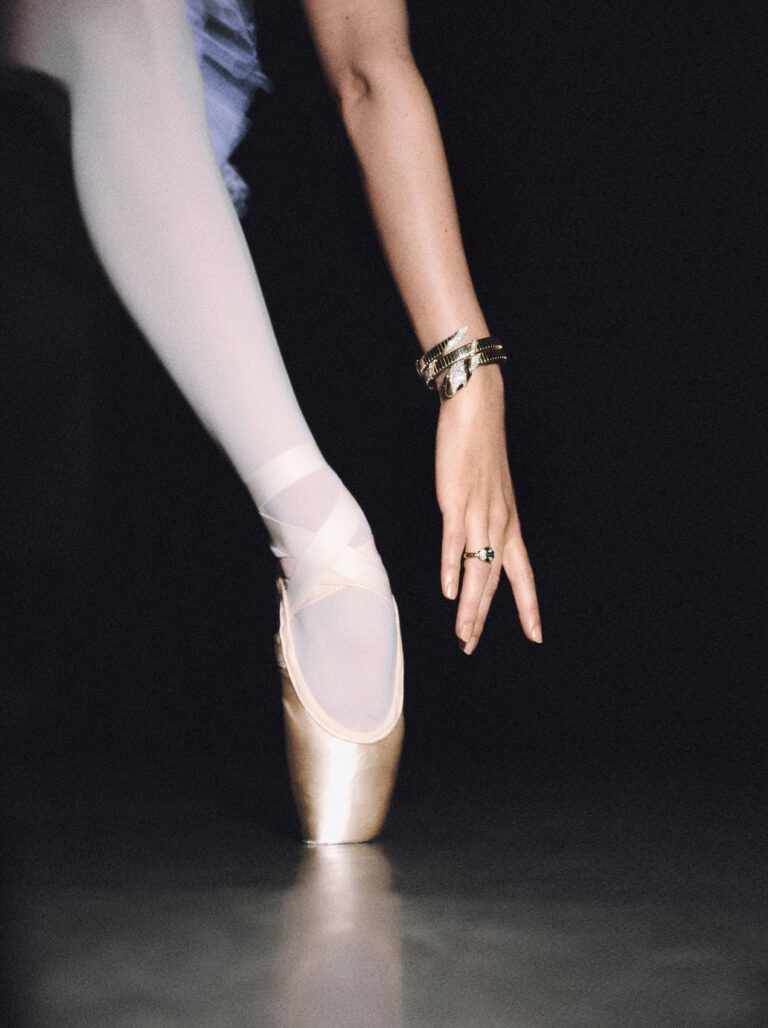
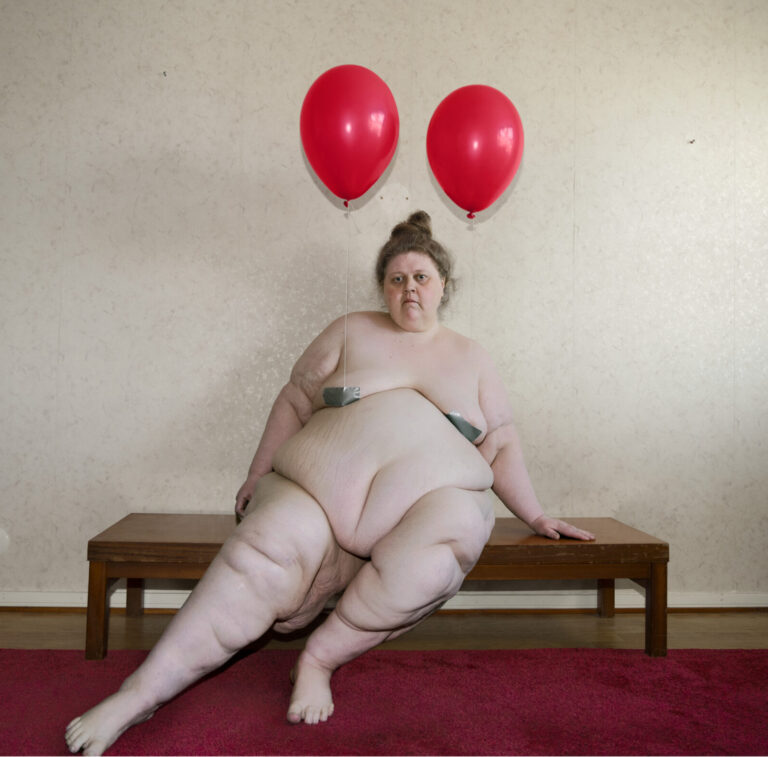

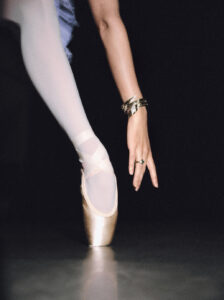




 in your life?
in your life?

